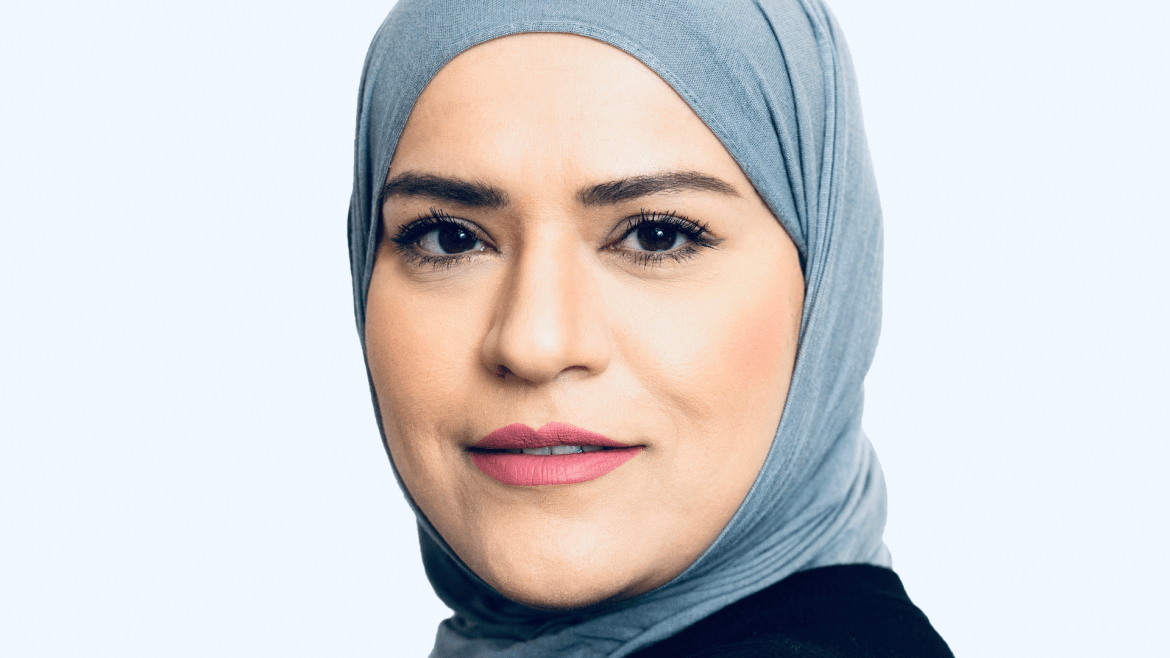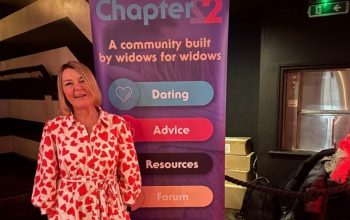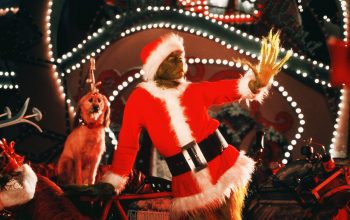Taslimah Rassool, an actress and model in her late thirties from Epsom, is the first hijabi finalist for Ms Great Britain.
Three years ago, Rassool could not even walk for five minutes without being in severe pain from her leg paralysis. But later this year, she will strut down the catwalk as the first hjabi finalist for Ms Great Britain.
The model-come-actress, in her late thirties, will compete the in the annual beauty pageant in October, after being inspired to enter by the diversity of previous finalist.
Starting in 1945, Ms Great Britain is the longest-running beauty pageant in the UK.
Rassool, dialling into Zoom from her holiday in Kuwait on the first day of Ramadan, admits she was surprised to make the finals. “It didn’t sink in initially because I kept it very private,” she says. The pageant hopeful, wearing a pearly white hijab and contrasting red lipstick, didn’t tell her family she had eve entered the competition. “Why would I even say anything if I’m not even going to get through?” she says with a wry smile.
Growing up in Epsom, Rassool had a mixed. “I was one of the very few ethnic minorities in my school. I probably did get bullied when I was younger,” she said. Her sense of hindsight suggests bullying was just part of her lived experience during her childhood. “At that time there were very few ethnic minorities in the area,” she said. In 1991 the non-white demographic was just 5.1%, whereas 2021 showed 21% of the Epsom’s population were non-white.
“I was quite a popular kid. I was always the one inventing games in the playground. I used to be the captain of all the teams, and I do a lot of sport,” she says. “Brownies, Guides, swimming, you name it, and I was in it. That was my personality.”
Ibrahim, Rassool’s close friend, agrees that the actress’ determined attitude BLAH. He first met her through a mutual friend in a restaurant two years ago.
“She is incredibly driven and ambitious,” Ibrahim says. “She is inspirational to be around and makes you want to succeed yourself.”
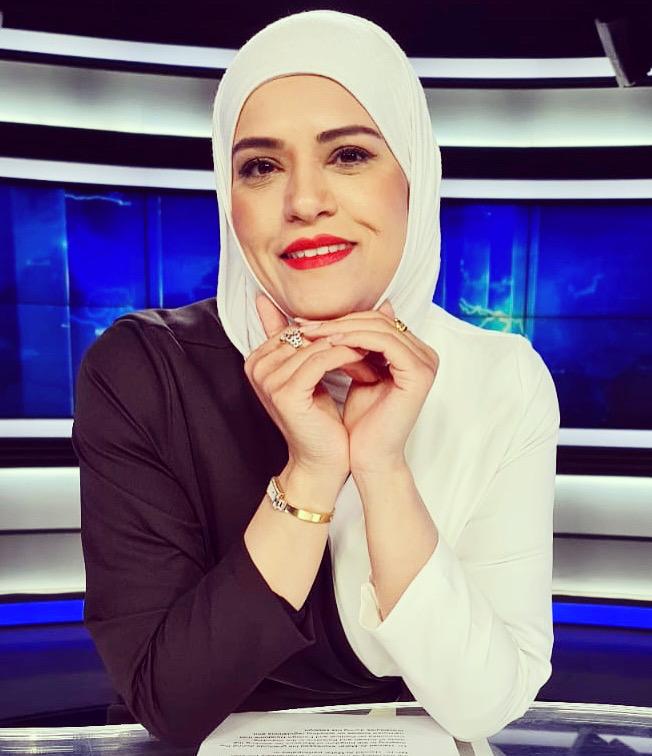
Starting out as a teacher, Rassool was parachuted into a vice principal role, before pivoting to news anchoring, modelling and then acting in film and TV.
Within four years of teaching at Al-Ru’ya Bilingual school in Kuwait, she was made vice principal. A career change in 2017 led to her to anchor Kuwait Television, the country’s English news channel.
Rassool remembers flicking through the channels, watching the Kuwait Television anchors and thinking, “I can do that.”
Fast forward to last year, Rassool saw an article on the pageant winner, a mother of three, and the previous victor was a plus-size woman from an ethnic minority background. After looking into Ms Great Britain, Rassool realised it was a diverse beauty pageant that welcomed a variety of backgrounds compared to some competitors.
Seeing other racial minorities that she could identify with, Rassool thought: “Okay, let me just try and see what happens.”
Ibrahim confirms Rassool’s positive mindset as she is “always onto the next project.”
“She has all the elements of success,” Ibrahim says. ”I really admire her and with her background [a small Muslim minority from Epsom] to be where she is today and what she has been able to achieve.”
Ibrahim admires Rassool for not letting things get to her. He recounts a time where she was really excited about an acting role, only then to be turned down. “I was surprised she wasn’t heartbroken,” he remembers. “She simply said ‘let’s move on, there are other options.’”
Health struggles and hardship
However, while Rassool might have swept through to the finals, she hasn’t sailed through life as easily. Rassool has struggled with reactive arthritis, the rare blood disease Brucella, meningitis and being left immobilised by leg paralysis in 2019.
“My mind knew that I wanted to move my legs, but they just wouldn’t move,” she says.
At the time, she was taking morphine and could not walk for more than five minutes.
Despite the setbacks, Rassool began modelling just a few months into recovery. “That was a major push for me. I didn’t want to waste the time I have,” she says.
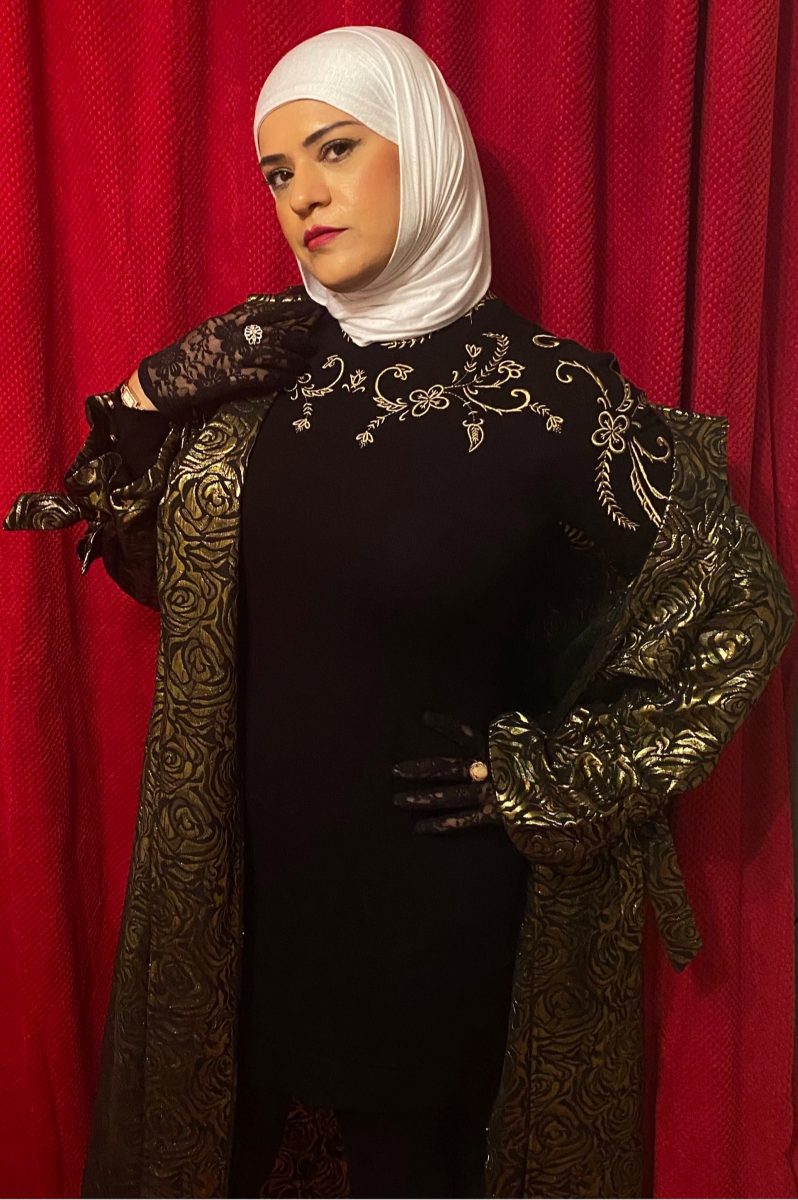
How did she get through this gruelling period?
“As Muslim woman, if you believe and if you have faith, all these things are a test of your faith,” she says.
“We believe that it’s actually a blessing for us because our minor sins are being erased because we’re going through a sickness.”
Today, fully recovered, Rassool proudly says she can leg press 100kg.
“It’s a beacon of hope,” she says, “to have gone through so much but come out of it at the other end stronger.”
“That’s why I hope to not only be an inspiration to Muslim women, or women who wear the hijab but for women in general. I’m no different to anyone else.”
A model Muslim?
For Rassool, modelling was always part of wider picture of supporting good causes. “It’s not just a beauty pageant to gain a title and that’s it. There’s so much awareness you can raise as a finalist that is benefitting so many issues,” says Rassool.
“I don’t want to just be a model, I want to be a role model,” she says.
The competition’s two main sponsors are Cancer Research and Alex’s Wish, a charity for Duchenne Muscular Dystrophy. Rassool’s personal connection with Alex’s Wish is based on her own experience of leg paralysis and arthritis.
To proceed to the final round, contestants have to gain a sponsor for their campaign. Often it’s recommended to get local businesses or beauty brands to support the competitor’s cause.
“I wanted a sponsor that represented me and my character,” Rassool says. She reached out to a charity that she has fundraised with before, Human Appeal, which aims to eradicate poverty and works with various local groups.
“For me, I’m very strongly an advocate to eradicate poverty. It should be the number one priority out of all the injustices in the world.”
Rassool also hopes to continue the charitable relationship with Human Appeal throughout her working career as an actor.
“They’re a very open-minded charity. I’m the first Muslim woman in a hjab competing in a beauty competition. That might be very controversial to other conservative Muslims.”
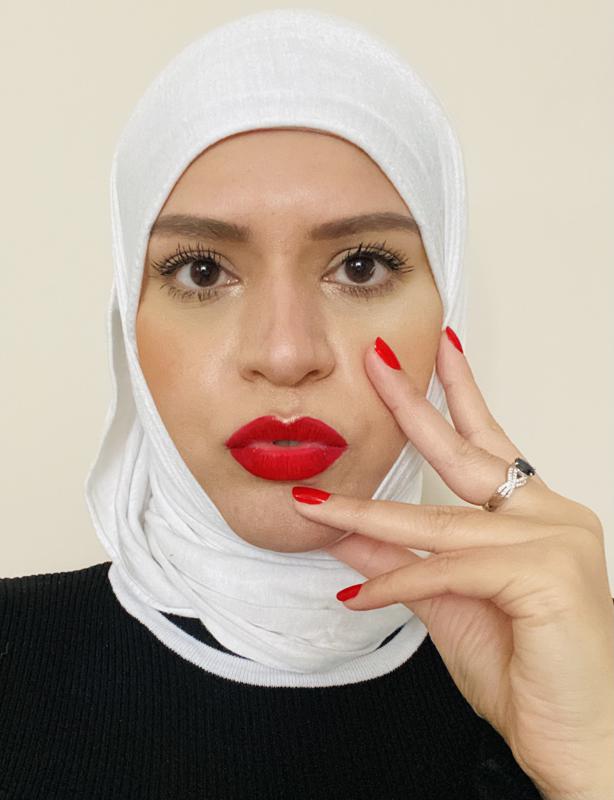
Speaking carefully over Zoom, Rassool says she is aware that her position as the first Muslim woman in a hijab as a beauty pageant finalist is a unique one: “I anticipate criticism for wearing makeup,” she says. “It took me a lot of deliberation to even enter modelling.”
Rassool remembers asking herself: “How am I going to benefit others by going into this.” She decided to donate 100% of her earnings from campaigns for MAC and META to charities supporting the Coronavirus vaccine.
During the Zoom call, Rassool never says she simply “wears” the hijab, rather that she “observes” the hijab. “It’s not fashion, it’s not a part of my outfit,” she says, “it’s a part of me and my belief and my faith.”
She said: “My relationship is between me and Allah, it is not between anyone else. My intention for entering this competition is so much more than what people perceive it to be.”
What will she do with the title if she wins? She gradually starts to smile as her thoughts unravel. “In order to earn the title [of Ms Great Britain], I have to do great things,” she says.
Although somewhat ambiguous in her answers, she brings it back to implementing a plan to eradicate poverty. Rassool speaks excitedly about including the Robin Hood Tax, which leans towards greater taxation of the financial sector with no cost to the taxpaying public.
This is the first beauty pageant Rassool has entered in, and, she says, it will be her last. “I think it is an experience for me and a motivation for me because…I should be doing raising the absolute maximum awareness for these charities and their endeavours,” she says.
Part of Rassool’s mission to raise as much awareness as possible for the charities and Human Appeal, she is asking people to donate just £1 so every donation is equal in the cost-of-living crisis.

